Description
The Magic of Eutectic Solder: A Deep Dive into its Properties and Applications
Soldering is a fundamental process in electronics manufacturing and repair, and at the heart of it lies solder. While there are various types of solder alloys available, eutectic solder occupies a special place due to its unique properties and advantages. This article delves into the world of eutectic solder, exploring its composition, characteristics, benefits, and applications.
What is Eutectic Solder?
Eutectic solder is a specific alloy mixture that possesses a fascinating characteristic: it melts and solidifies at a single, distinct temperature. This is in contrast to non-eutectic solders, which melt and solidify over a range of temperatures. The term “eutectic” refers to the specific composition of the alloy at which this single melting point is achieved.
The most common eutectic solder is the lead-tin alloy, typically composed of approximately 63% tin (Sn) and 37% lead (Pb). This specific ratio allows the alloy to transition directly from a solid to a liquid state at 183°C (361°F) without passing through a “pasty” phase.
The Advantages of Using Eutectic Solder:
The sharp melting point of eutectic solder offers several significant advantages in soldering applications:
- Predictable and Consistent Wetting: The absence of a pasty range ensures rapid and consistent wetting of the surfaces being joined. This makes it easier to achieve strong and reliable solder joints.
- Reduced Cold Solder Joints: Cold solder joints occur when the solder solidifies prematurely before achieving proper wetting. The sharp melting point of eutectic solder minimizes the risk of this happening, leading to more robust and reliable connections.
- Improved Joint Strength: The consistent wetting and solidification contribute to a stronger bond between the components being joined, enhancing the overall reliability of the electronic assembly.
- Ease of Use: The sharp transition between solid and liquid makes eutectic solder easier to manipulate and control during the soldering process, particularly for hand soldering.
Beyond Lead-Tin: Exploring Lead-Free Eutectic Alternatives:
While the 63/37 lead-tin alloy has been a staple in the electronics industry for decades, increasing environmental concerns have driven the development and adoption of lead-free alternatives. Finding a lead-free eutectic solder has been a significant challenge, as many lead-free alloys exhibit non-eutectic behavior. However, research has yielded several promising options, including:
- Tin-Silver-Copper (SAC) alloys: Certain compositions within the SAC family can exhibit near-eutectic behavior, offering acceptable performance as lead-free alternatives. These typically melt around 217-221°C.
- Tin-Bismuth alloys: Some tin-bismuth alloys are designed to have low melting points, making them suitable for soldering temperature-sensitive components.
- Gold-Tin alloys: Although more expensive, gold-tin alloys offer excellent corrosion resistance and high-temperature performance, often employed in specialized applications.
Applications of Eutectic Solder:
Eutectic solder finds applications across a broad spectrum of electronic manufacturing and repair, including:
- Printed Circuit Board (PCB) Assembly: Soldering electronic components onto PCBs, both through-hole and surface mount components.
- Wire Soldering: Joining wires together for electrical connections.
- Electronic Repair: Repairing damaged electronic devices and replacing faulty components.
- Jewelry Making: Used for joining precious metal components in jewelry.
- Piping and Plumbing (Lead-Free): Certain lead-free eutectic alternatives can be used for joining pipes and plumbing components.
Considerations When Using Eutectic Solder:
- Alloy Composition: Always verify the specific alloy composition to ensure it is appropriate for the application.
- Melting Temperature: Be aware of the melting temperature and adjust soldering equipment accordingly.
- Flux Selection: Use a suitable flux to clean the surfaces being joined and promote wetting.
- Ventilation: When soldering, ensure adequate ventilation to avoid inhaling fumes, especially when using lead-based solders.
Conclusion:
Eutectic solder, with its distinct melting point and desirable soldering characteristics, remains a critical material in the electronics industry. Whether using traditional lead-tin alloys or transitioning to lead-free alternatives, understanding the properties and benefits of eutectic solder is crucial for achieving robust and reliable soldered connections. As technology continues to advance, research into new and improved eutectic solder alloys will remain vital for the future of electronics manufacturing.



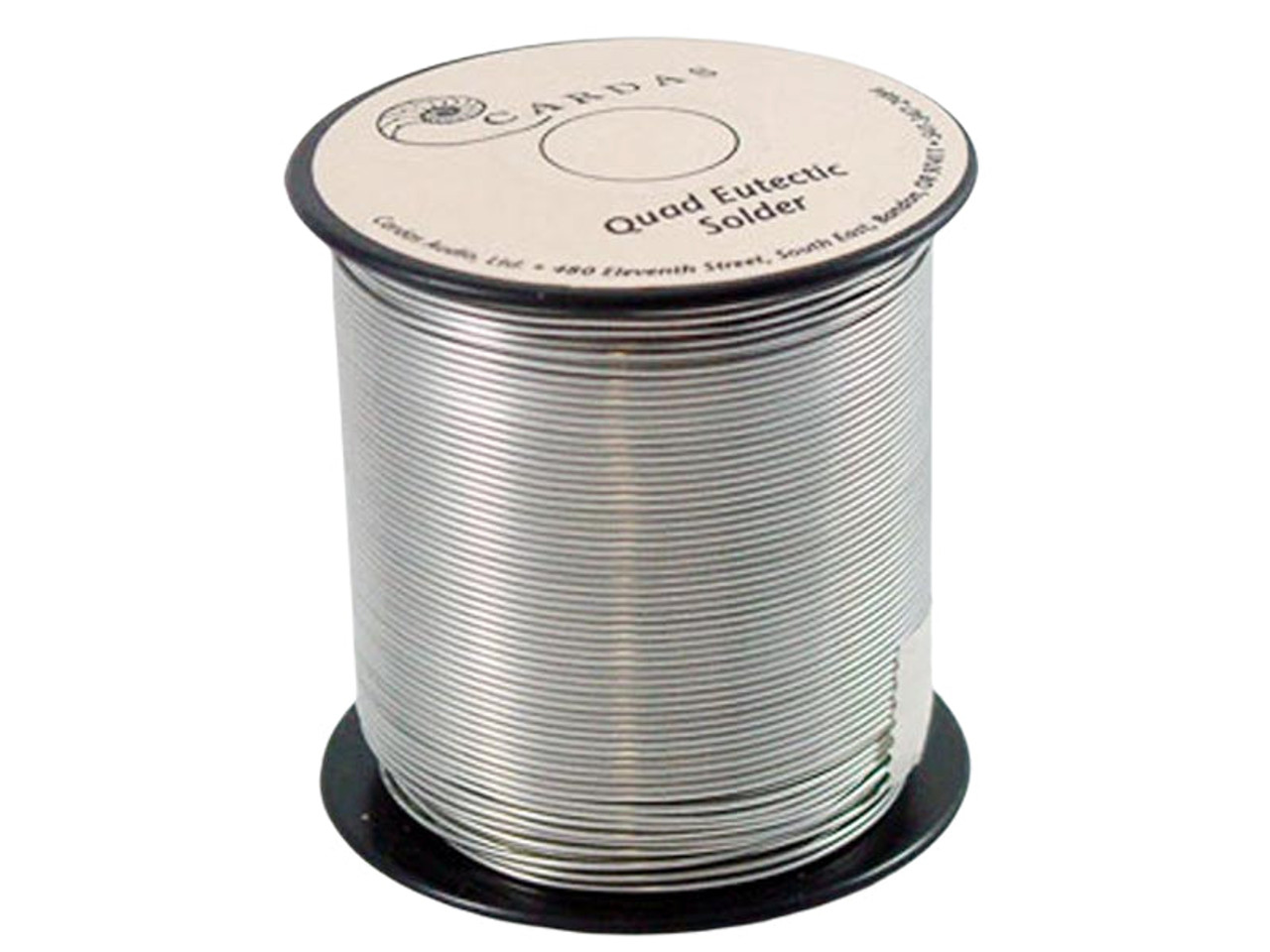
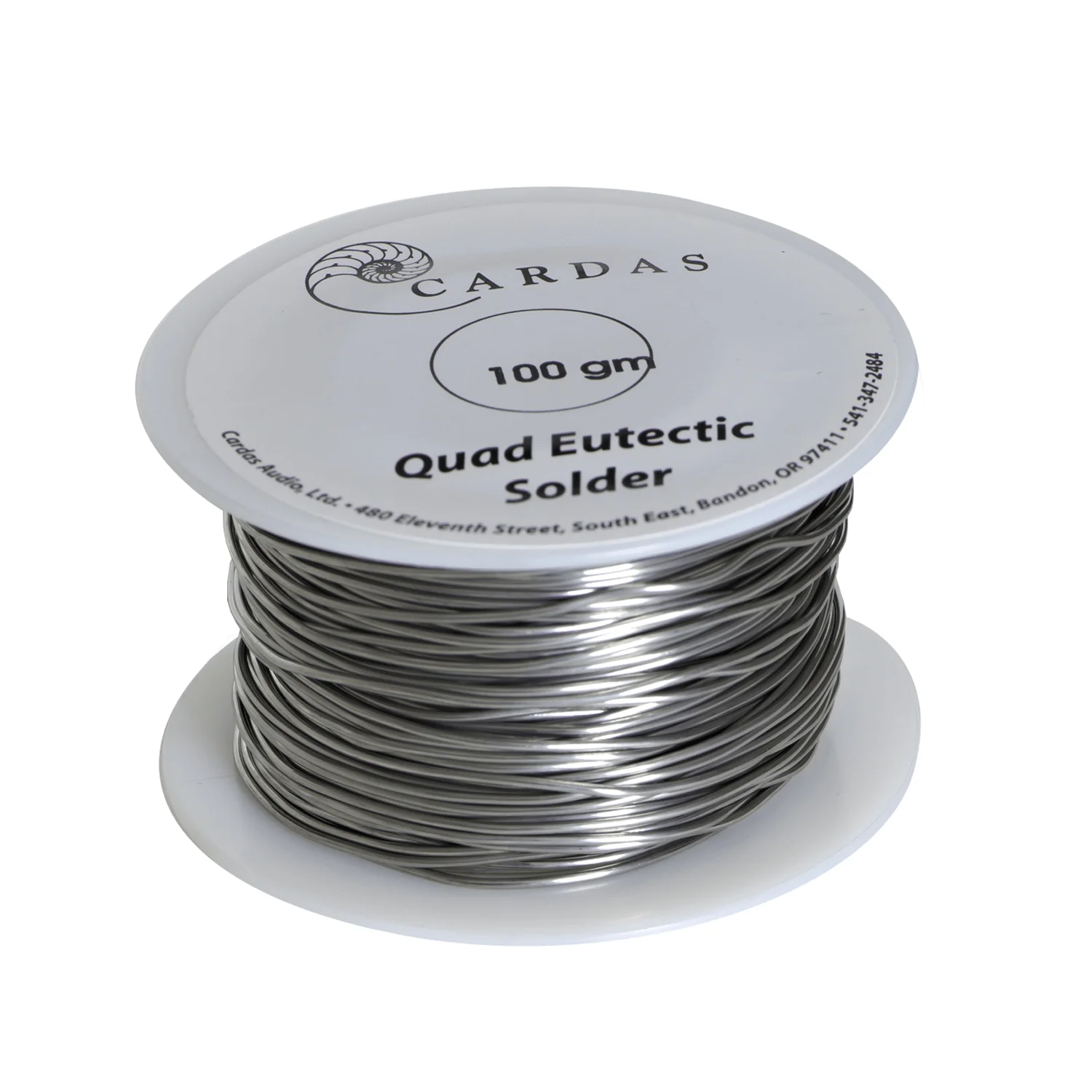
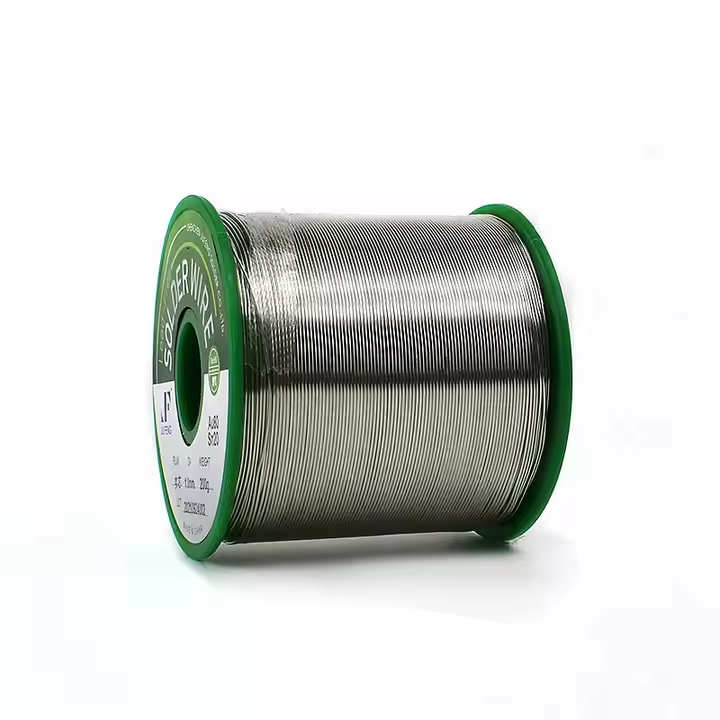
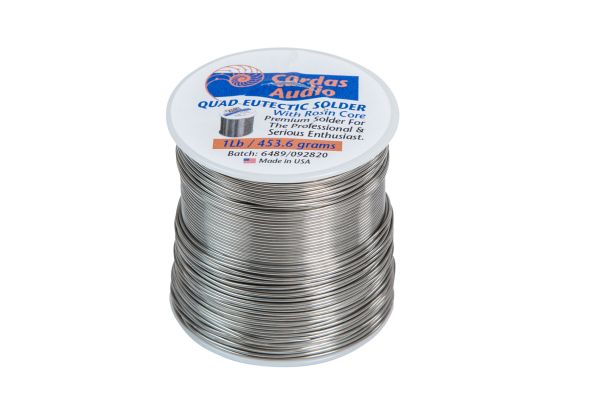
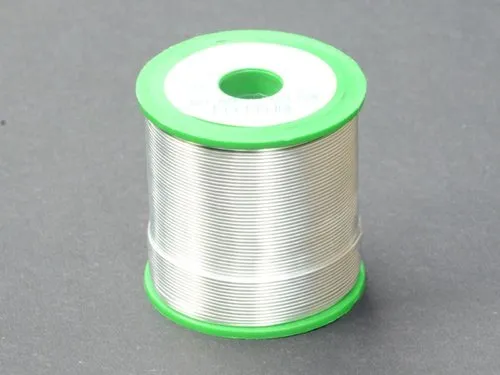
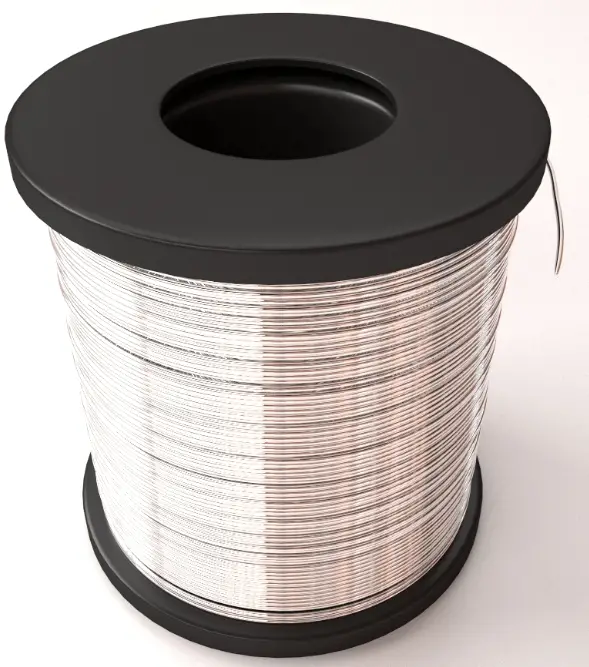

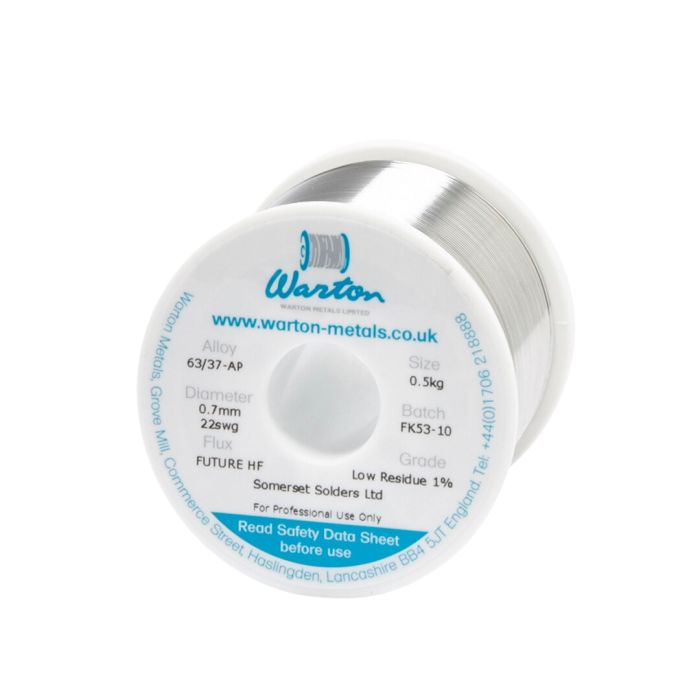

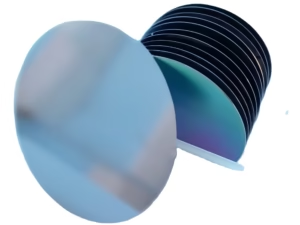
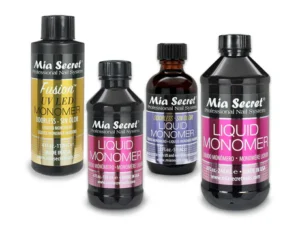
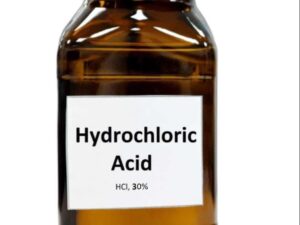
Reviews
There are no reviews yet.